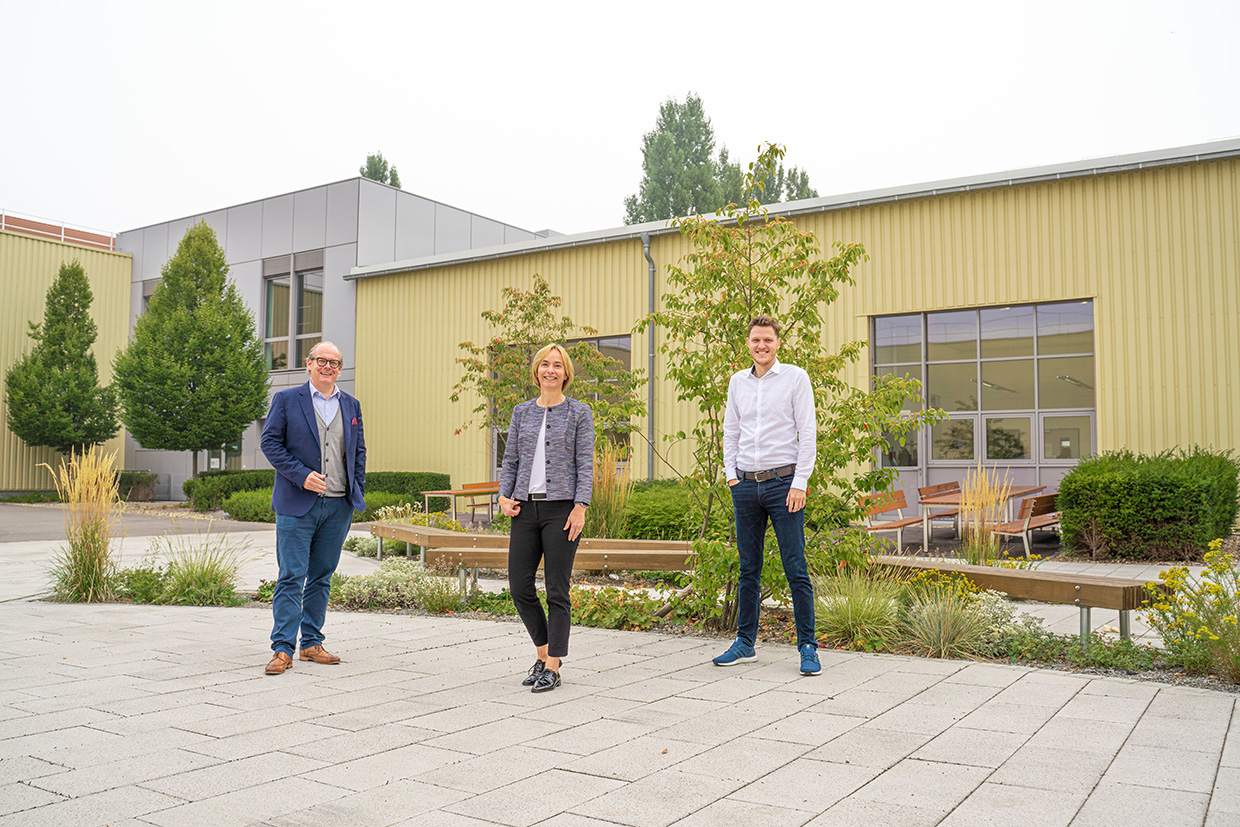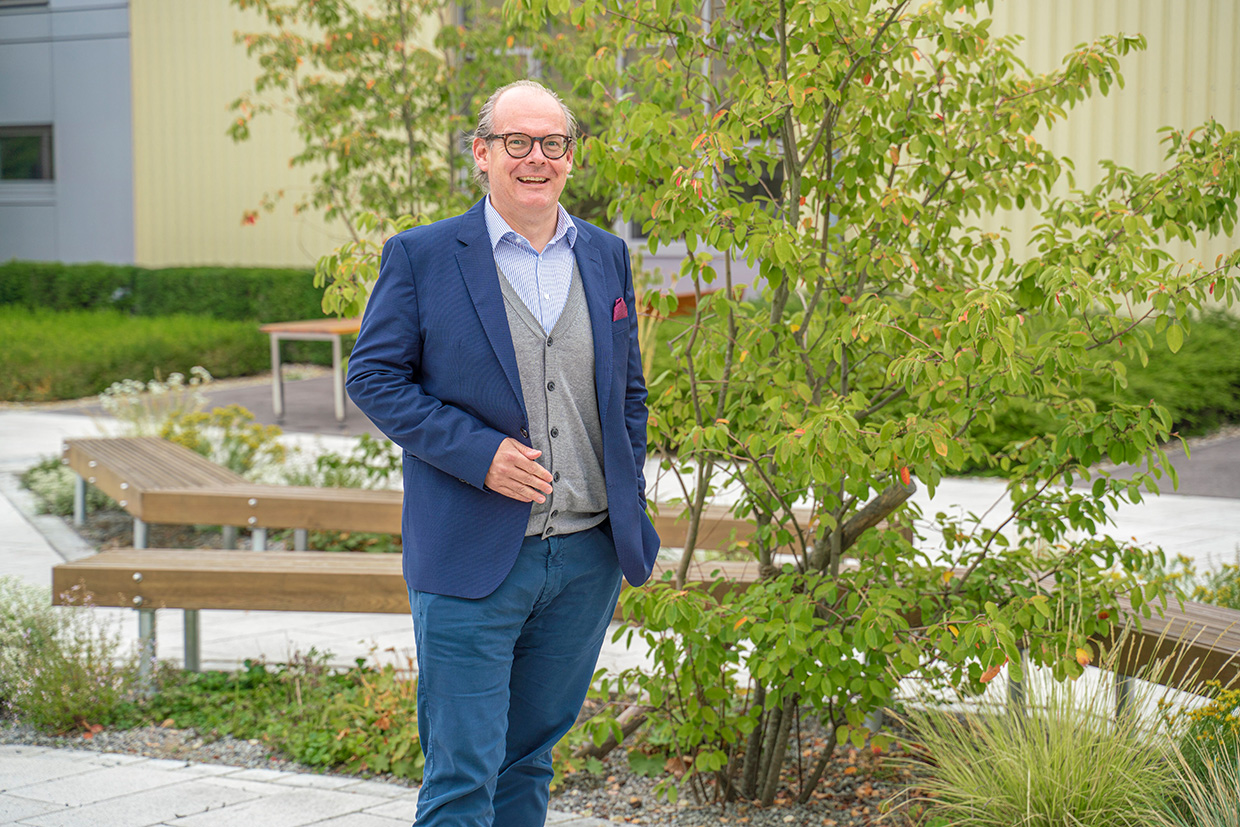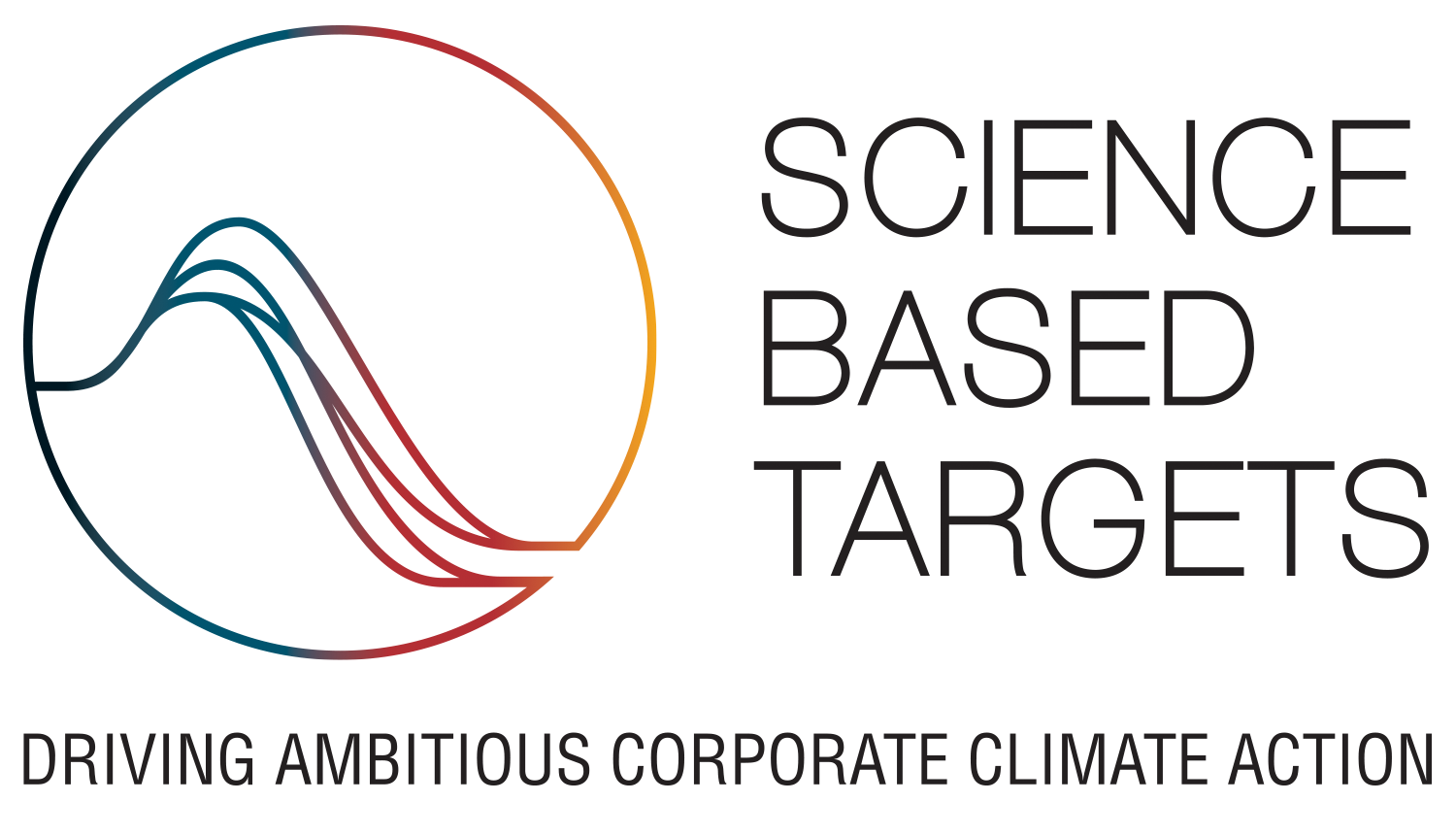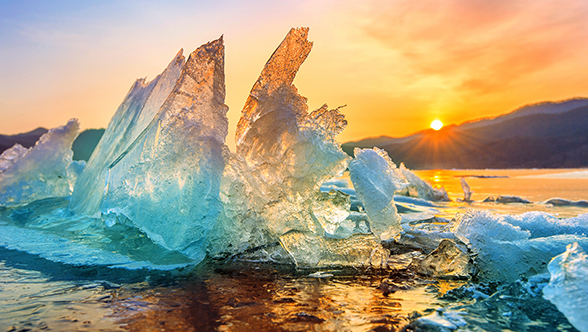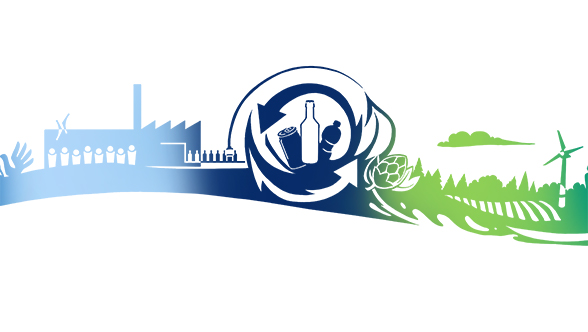Kramer: To answer that question, you have to look at the big picture. Because of globalization, we all live together within a single organization, so to speak. And when you look at problems like the climate crisis, you have to ask yourself: Who has contributed most to the problem and who has the power to effect the most change? That is true for people and businesses alike. Of course, businesses’ primary role is to generate profits. But they do that by using a variety of resources. And it is imperative that these two aspects be counterbalanced to a certain extent. If you take and consume resources, you bear responsibility to protect and preserve those resources.
Steger: The notion of a footprint illustrates it quite well. Every company leaves behind a footprint on the world – a positive one in terms of the jobs and wealth created, taxes paid, et cetera. At Krones, we add to that the fact that we are part of a sustainable value chain. We help provide consumers with clean foods and beverages in hygienically safe packaging. But there’s also a negative side to our footprint that detracts from this sustainability. And that’s where responsibility comes in: We have to curb the negative impact of our activities so that, on balance, our footprint is a positive one.
Birk: Another important aspect is the Paris Climate Agreement, which establishes a legal requirement we must satisfy. We’re all responsible for doing our part. Whether individuals, governments, or businesses: We all have a clear duty to reduce our emissions. Individually and collectively.
Whether individuals, governments, or businesses: We all have a clear duty to reduce our emissions. Individually and collectively.
 Martina Birkenviro Officer
Martina Birkenviro Officer

